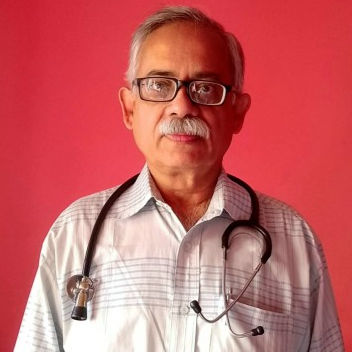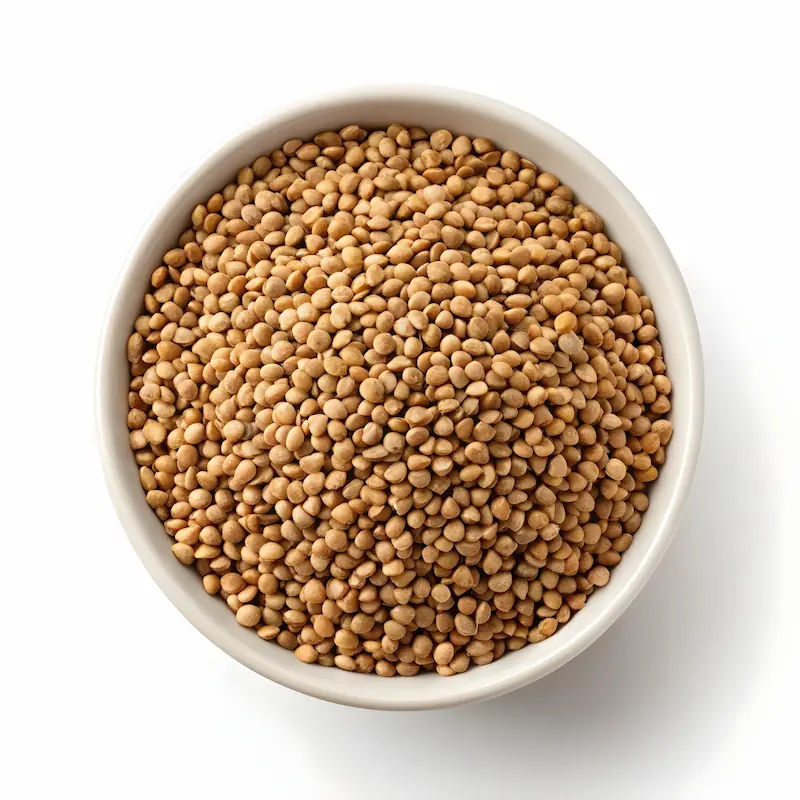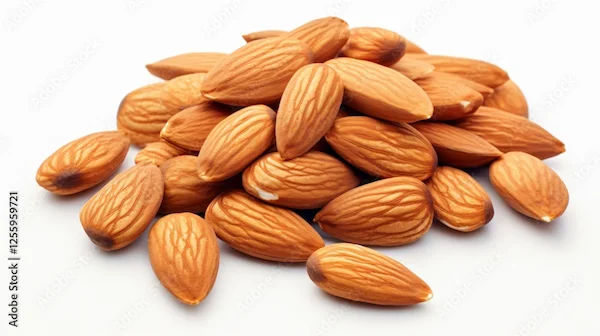Blood Circulation Process in the Heart
Learn how blood circulation works in the heart, including pulmonary and systemic circulation. Discover steps of the process, signs of poor circulation, and natural ways to improve heart health.

Written by Dr. Dhankecha Mayank Dineshbhai
Reviewed by Dr. Md Yusuf Shareef MBBS
Last updated on 13th Jan, 2026

The heart is one of the most vital organs in our body, working tirelessly to pump blood and supply oxygen and nutrients to every cell. Understanding how blood circulates through the heart can help you appreciate its importance and take better care of your cardiovascular health.
How Does Blood Circulation Work in the Heart?
The heart functions like a powerful pump, circulating blood in two main pathways:
1. Pulmonary Circulation – Blood travels from the heart to the lungs to pick up oxygen.
2. Systemic Circulation – Oxygen-rich blood is pumped from the heart to the rest of the body.
Here’s a simple step-by-step breakdown:
Step 1: Deoxygenated Blood Enters the Heart
Blood low in oxygen (deoxygenated) returns from the body and enters the right atrium (the heart's upper right chamber).
The tricuspid valve opens, allowing blood to flow into the right ventricle (the lower right chamber).
Step 2: Blood Goes to the Lungs for Oxygen
- The right ventricle pumps blood through the pulmonary valve into the pulmonary artery, which carries it to the lungs.
- In the lungs, carbon dioxide is removed, and oxygen is absorbed into the blood.
Step 3: Oxygen-Rich Blood Returns to the Heart
- The now oxygen-rich blood flows back to the heart via the pulmonary veins, entering the left atrium.
- The mitral valve opens, allowing blood to move into the left ventricle (the strongest heart chamber).
Step 4: Oxygenated Blood is Pumped to the Body
The left ventricle contracts, pushing blood through the aortic valve into the aorta, the body’s largest artery.
From here, oxygen-rich blood is distributed to all organs, tissues, and cells.
Step 5: The Cycle Repeats
After delivering oxygen, blood becomes deoxygenated again and returns to the heart via veins, restarting the cycle.
Why Is Healthy Blood Circulation Important?
Proper blood circulation ensures:
- Oxygen and nutrient supply to all body parts.
- Removal of waste products like carbon dioxide.
- Regulation of body temperature and hormone distribution.
- Support for immune function by transporting white blood cells.
- Poor circulation can lead to fatigue, numbness, swelling, and serious conditions like heart disease or stroke.
Consult a Specialist for Personalised Advice
Signs of Poor Blood Circulation
Watch out for these symptoms:
- Cold hands and feet
- Numbness or tingling in limbs
- Swelling in legs or ankles
- Fatigue and dizziness
- Slow-healing wounds
- Varicose veins
- If you experience these frequently, consult a doctor.
How to Improve Blood Circulation Naturally
1. Stay Active
Regular exercise (walking, swimming, cycling) strengthens the heart and improves blood flow.
2. Eat a Heart-Healthy Diet
- Include leafy greens, berries, nuts, fish, and whole grains.
- Reduce salt, sugar, and processed foods to prevent artery blockages.
3. Stay Hydrated
Water helps maintain blood volume and prevents thickening.
4. Avoid Smoking & Limit Alcohol
Smoking damages blood vessels, while excessive alcohol raises blood pressure.
5. Manage Stress
Practice deep breathing, yoga, or meditation to relax blood vessels.
6. Wear Comfortable Clothing
Tight clothes can restrict blood flow.
7. Elevate Your Legs
Helps reduce swelling in the lower body.
When to See a Doctor?
If you have:
- Persistent chest pain
- Shortness of breath
- Severe leg pain while walking
- Sudden dizziness or fainting
- It’s best to get checked by a cardiologist.
How Apollo 24|7 Can Help
If you’re concerned about your heart health, Apollo 24|7 offers:
- Cardiac consultations with expert doctors.
- Diagnostic tests (ECG, echocardiogram, stress tests).
- Personalized heart care plans.
- You can easily book an appointment or lab test online for quick and reliable care.
Get Your Health Assessed
Final Thoughts
Your heart works non-stop to keep you alive. By understanding how blood circulation works and adopting healthy habits, you can support your heart and overall well-being. Small lifestyle changes today can lead to a healthier tomorrow!
Consult a Specialist for Personalised Advice
Consult a Specialist for Personalised Advice

Dr. Rajib Ghose
General Physician/ Internal Medicine Specialist
25 Years • MBBS
East Midnapore
VIVEKANANDA SEBA SADAN, East Midnapore

Dr. Swaroopa Rani
General Physician/ Internal Medicine Specialist
9 Years • MBBS, MD (Internal Medicine)
Bengaluru
Apollo Medical Center, Marathahalli, Bengaluru

Dr. Uddalak Chakraborty
Neurologist
8 Years • MBBS, MD(GENL.MED.),DM(NEUROLOGY)
Kolkata
MCR SUPER SPECIALITY POLY CLINIC & PATHOLOGY, Kolkata

Dr. Sanjukta Das
General Physician
9 Years • MBBS
Kolkata
MCR SUPER SPECIALITY POLY CLINIC & PATHOLOGY, Kolkata

Dr. Pinaki Mukhopadhyay
General Physician/ Internal Medicine Specialist
33 Years • MBBS
Kolkata
MCR SUPER SPECIALITY POLY CLINIC & PATHOLOGY, Kolkata
(25+ Patients)
Consult a Specialist for Personalised Advice

Dr. Rajib Ghose
General Physician/ Internal Medicine Specialist
25 Years • MBBS
East Midnapore
VIVEKANANDA SEBA SADAN, East Midnapore

Dr. Swaroopa Rani
General Physician/ Internal Medicine Specialist
9 Years • MBBS, MD (Internal Medicine)
Bengaluru
Apollo Medical Center, Marathahalli, Bengaluru

Dr. Uddalak Chakraborty
Neurologist
8 Years • MBBS, MD(GENL.MED.),DM(NEUROLOGY)
Kolkata
MCR SUPER SPECIALITY POLY CLINIC & PATHOLOGY, Kolkata

Dr. Sanjukta Das
General Physician
9 Years • MBBS
Kolkata
MCR SUPER SPECIALITY POLY CLINIC & PATHOLOGY, Kolkata

Dr. Pinaki Mukhopadhyay
General Physician/ Internal Medicine Specialist
33 Years • MBBS
Kolkata
MCR SUPER SPECIALITY POLY CLINIC & PATHOLOGY, Kolkata
(25+ Patients)




